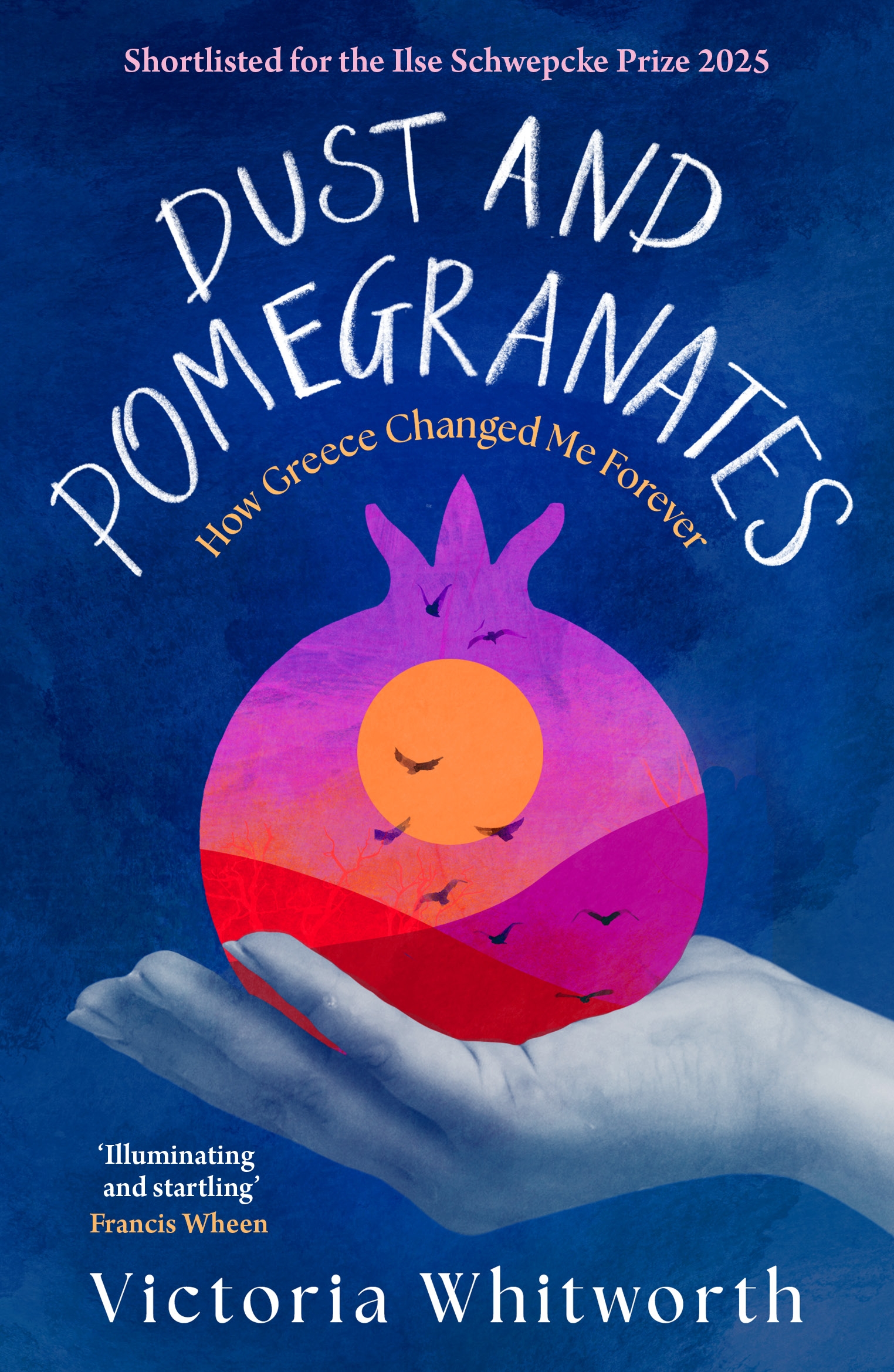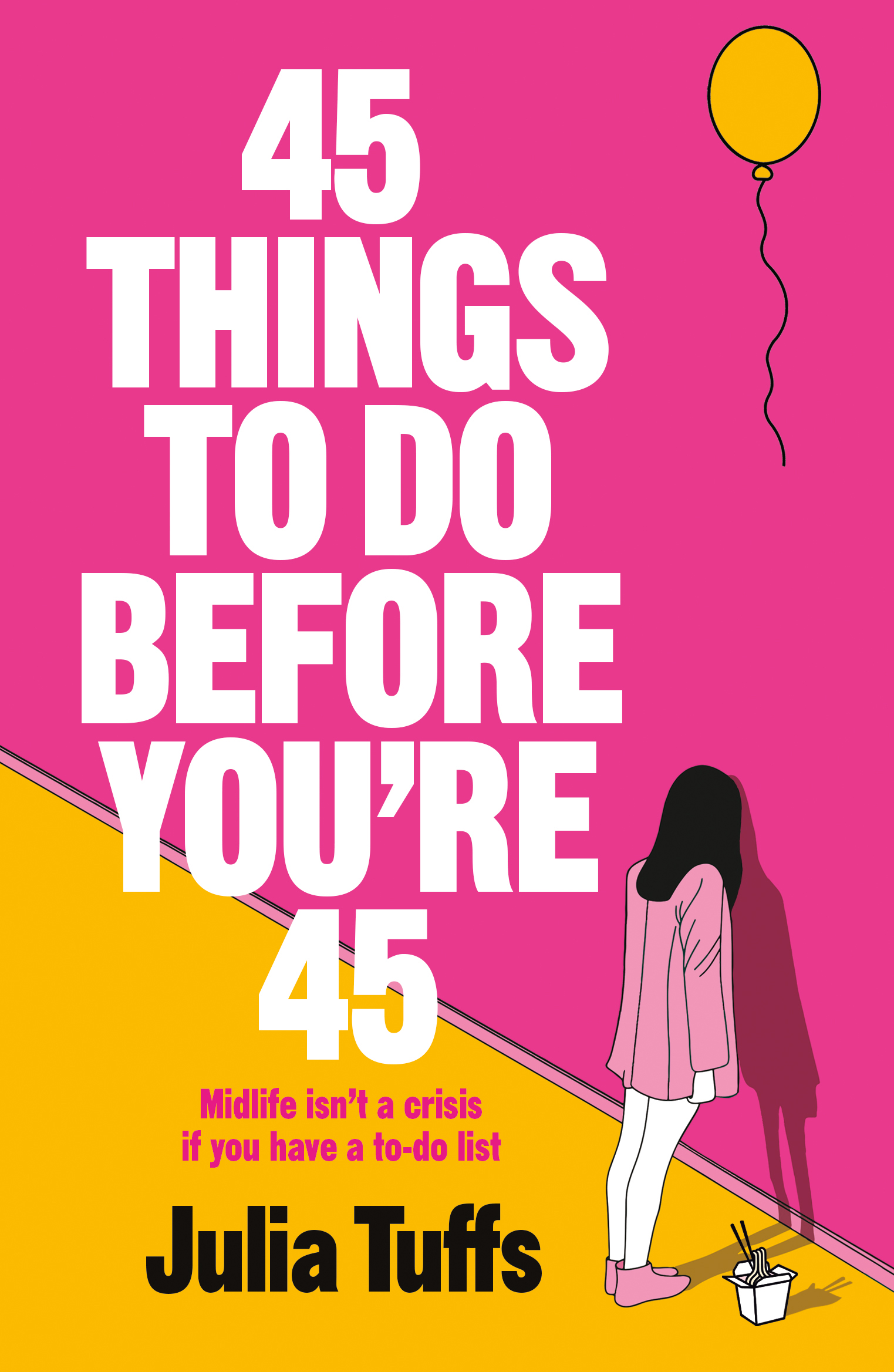Almarina

As seen:
By Valeria Parrella
avg rating
2 reviews
‘One of the most beautiful books published in recent years: an intense, poignant story’ Caterina Bonvicini
Can a prison free those who enter?
Nisida, moored like a boat in the Mediterranean, is a small island nestled between Capri and Bagnoli, off the coast of Naples. Each day, through the early morning light, Elisabetta Maiorano travels across the city, passes by the guards on the way into the detention centre, hands over her bag and arrives at her classroom. All thoughts are suspended once inside. Usually Elisabetta hasn’t spoken to anyone since the day before; her only reason for living to teach mathematics to the group of young inmates who arrive not long after she does. But one day, Almarina shows up and everything changes. She is Romanian and bears the signs of her personal history on her body. Together, closed up in a small classroom, a true island within an island, Elisabetta and Almarina discover a possible pathway to freedom.
Warm and intimate, intense and political, Valeria Parrella touches our emotions, giving voice to a loneliness that is universal. Almarina is about finding love in unexpected places, about atonement, forgetting and starting over. But mostly it is about two women learning how to live again.Translated by Alex Valente
TweetReviews
This was a bit of a mixed bag for me. I found it quite interesting but felt it lacked depth and coherence. I hadn't previously known about the Italian islet Nisida or the juvenile detention centre there where the story is set so it was interesting to find out about that. The book is narrated by a lonely, widowed woman who teaches there and it mainly seems to be about her internal thoughts. Even so I wasn't left with much of a feeling about her as a person or about the prison and the conditions there, except rather superficially, and I got practically no sense of Almarina, the young woman the teacher decides she wants to adopt,except, again, superficially. The story seems to skip over anything difficult. We're told it happened but almost as a by-the-way. Having said that, some passages were really interesting and moving. Others, however, I found rather garbled and had to read twice to grasp any sense of the meaning. Some of this may possibly have been the translation? Impossible to know.
margaret.unsworth@btinternet.com
The majority of our group did not enjoy this book. Some didn’t finish it and others read to the end but it was an effort.
The first reason given was the writing style. It seemed disjointed and didn’t capture you and draw you in. We wondered if this was because it was in translation. One reader said she had to keep going back to work out what was happening and found it confusing. Even those who enjoyed it found it hard to get into and had to work at it. One said she started to enjoy it when she decided it was a prose poem about loneliness and so read it differently.
The next reason was the lack of plot and dramatic conflict. It didn’t “go together”, it was a “nothing book”. One reader thought it a wasted opportunity: the premise- working with young people- could have been so much more.
Other features one might look for such as characterisation and sense of place were also felt to be lacking.
Two people liked it very much. They found it to be a study of two lonely people who have been traumatised by events in their lives and found a way through with their relationship. They felt that the writing style reflected their trauma. Both agreed it was hard to get into but the second half of the book was much better once they understood the style and they found the ending poignant and uplifting.
The book led to a long and interesting discussion about style, about the themes and about books from other countries.






